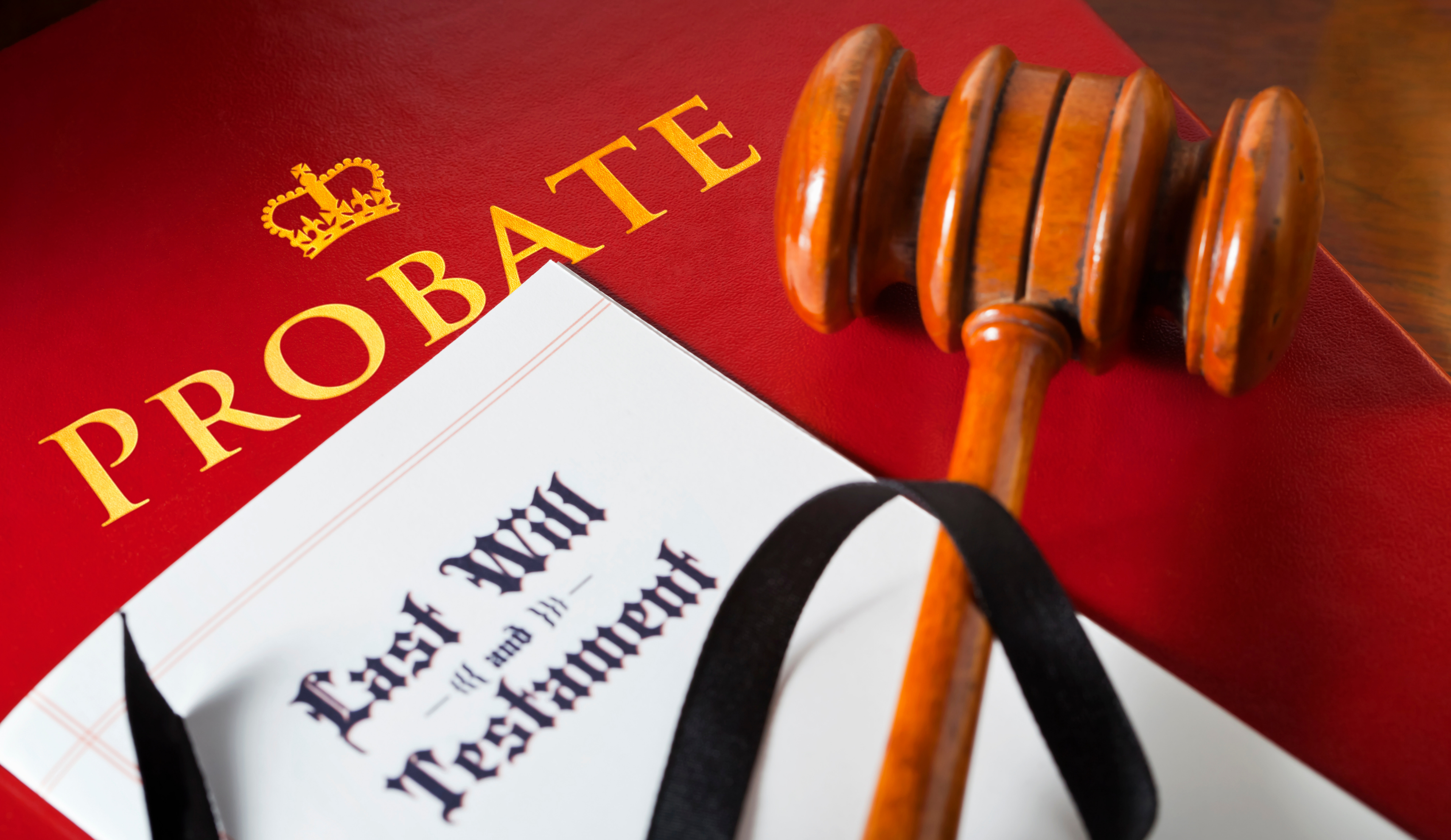Bona Vacantia: Dying Without a Valid Will or Next-of-Kin in Singapore
This article explains the possibility of the deceased asset being claimed by someone who has no legal or blood relationship with the deceased when there is no valid will and has no surviving family or relatives
Singapore’s Intestate Succession Act sets forth a series of rules that must be followed when someone dies without a valid written will, presuming that they have relatives who will be the beneficiaries of the estate. But if a person dies without a will in Singapore, and with no entitled next-of-kin what happens to the estate?
This article explains the term Bona Vacantia and offers guidance on how to handle someone’s estate who has died without leaving a valid will and with no known relatives in Singapore.
Table of Contents
Can Any Type of Assets be the Subject of a Claim Made on a Bona Vacantia Estate?
Is There a Deadline for Making a Claim on the Assets of a Bona Vacantia Estate?
Process of Making a Claim on the Assets of a Bona Vacantia Estate in Singapore
Are There Any Fees Required for Making a Moral and/or Equitable Claim on a Bona Vacantia Estate?
Are Muslim Estates Subject to Bona Vacantia?
What Does Bona Vacantia Mean?
The literal translation of the term Bona Vacantia is “ownerless goods” or “vacant goods.” These goods would be the assets belonging to the estate of someone who has died:
- Leaving no valid will; and
- Without any surviving relatives that would be entitled to the estate as spelled out in Singapore’s Intestate Succession Act. These would include a spouse, children, parents, siblings, grandparents, uncles and/or aunts.
Under this law, the deceased’s assets would go to the government.
If Someone Believes They Are Entitled to the Assets of a Bona Vacantia Estate, Can They Make a Claim?
According to section 27 of the Civil Law Act, if an individual can make a moral and/or equitable claim on an estate deemed Bona Vacantia, it will be considered.
A moral and/or equitable claim to the assets of the Bona Vacantia estate would be based on a logical expectation that the deceased would have left his/her assets to the claimant for any number of reasons.
These reasons include:
- Recognition of how close the relationship was between the claimant and the deceased; along with
- Recognition of the level of care that the claimant may have provided to the deceased before his/her death.
Anyone is entitled to make a moral and/or equitable claim on the assets of a Bona Vacantia estate, but they would need to:
- Provide sufficient proof to substantiate their claim; and
- Provide proof that the deceased had no surviving relatives that were entitled to make a claim on the estate based on intestate succession rules.
All moral and/or equitable claims are evaluated case-by-case. However, there are a number of factors that may influence whether the claim is granted or not based on the merits:
- The length and type of relationship that existed between the deceased and the claimant;
- Any moral and/or legal obligations the deceased may have owed the claimant;
- How the claimant behaved towards or treated the deceased while he/she was still alive, like if the claimant took care of the deceased; and/or
- The deceased’s last wishes that were not written in a valid will.
Can Any Type of Assets be the Subject of a Claim Made on a Bona Vacantia Estate?
Yes, both movable and immovable assets in the deceased’s estate can be the subject of a moral and/or equitable claim against the estate. The assets could also include Central Provident Fund monies that were unnominated.
Whether or not the claim succeeds against a portion, or all of the assets will depend on the exact circumstances as each claim is decided on its own merits case-by-case.
Is There a Deadline for Making a Claim on the Assets of a Bona Vacantia Estate?
There is no deadline for making a moral and/or equitable claim on the estate. But the waiting period before you are allowed to make such a claim is as follows:
|
Type of Estate |
Waiting Period |
|
Estate contains immovable or real property |
At least 3 years after death |
|
Estate does NOT contain immovable property |
At least 6 months after death |
The waiting period allows an entitled relative (who may not have been told of the deceased’s death in a timely manner, or who may need to prove they are next-of-kin) would have enough time to prove they fall under the rules of intestacy prior to the estate opening up to moral and/or equitable claims by non-relatives of the deceased.
Process of Making a Claim on the Assets of a Bona Vacantia Estate in Singapore
If the Bona Vacantia estate in Singapore you want to make a moral and/or equitable claim against is worth no more than $50,000, you may make it through the Public Trustee.
The Public Trustee will prepare a warrant to be signed by the Minister of Law once the deceased’s estate has been fully administered and completed. If your claim succeeds, the signed warrant will allow the assets to be transferred to you.
If the Bona Vacantia estate is valued at more than $50,000, you would need to first apply for a Grant of Letters of Administration asking them to administer the estate independently. This must be done before you can make a moral and/or equitable claim against the estate.
The Grant of Letters of Administration application would entail advertising the death and asking beneficiaries, creditors and/or relatives to identify themselves if they have claims on the deceased’s estate. The advertisement must appear in a prominent English-language newspaper as well as a prominent vernacular newspaper.
The application must contain proof that a reasonable search was made for potential relatives of the deceased. Copies of the newspaper ads, along with what a probate search found, must be provided to the Public Trustee.
Once you have finished having the deceased’s estate administered and let the Public Trustee know that it’s been completed, the Public Trustee will prepare a warrant to be signed by the Minister of Law, which will allow the estate’s assets to be transferred to you.
Are There Any Fees Required for Making a Moral and/or Equitable Claim on a Bona Vacantia Estate?
Yes, there is a $50 application fee that is required for each claim made against an estate.
If the Public Trustee is the one administering the estate, then an administration fee for those services must also be paid. The amount of this fee will be a percentage of the value of the estate, with a minimum of $15.
Can an Estate be Deemed Bona Vacantia if the Deceased Dies with a Surviving Relative with Whom He/She Has Been Estranged from for Years?
No. If there is a relative who is entitled under Singapore’s rules of intestacy to become a beneficiary, the estate cannot be deemed Bona Vacantia.
It doesn’t matter that the deceased and his/her next-of-kin were estranged or how many years they had not spoken.
Are Muslim Estates Subject to Bona Vacantia?
No. Bona Vacantia does not apply to Muslim estates because they are not governed by the Civil Law Act. The estates of deceased Muslims are distributed according to Muslim law, including estates with no written will and no next-of-kin. In this case the deceased’s assets will be transferred to the Baitulmal.
The Baitulmal is administered by the Islamic Religious Council of Singapore (MUIS) and is the institution responsible for handling the Muslim public’s assets.
Writing a will remains the best way to ensure that someone’s estate is administered and distributed according to their wishes after they die, such as dividing up their assets and leaving them to close friends and/or charities they supported in life.
Although it isn’t absolutely necessary to hire will lawyer in Singapore to write a will, it still would be smart to engage one for assistance. This would ensure that the will met all legal requirements, especially if it involves assets located overseas.
Having an experienced will lawyer help you write your will also protects you against the risk of Bona Vacantia. This way after your death your rightful heirs/beneficiaries are taken care of and do not need to deal with the legalities and processes discussed in this article.
If you are thinking about making a claim on an estate that may be Bona Vacantia, you may want to hire a probate lawyer to help with your application.
Disclaimer: The information provided in this article does not constitute legal advice. We recommend that you get the specific legal advice you need from an experienced attorney prior to taking any legal action. While we try our best to make sure that the information provided on our website is accurate, you take a risk by relying on it.
At Pinnacle Estate Agency, we strongly believe in sharing our real estate knowledge to the public. For more content like this article, check out our Singapore Property Guides.













